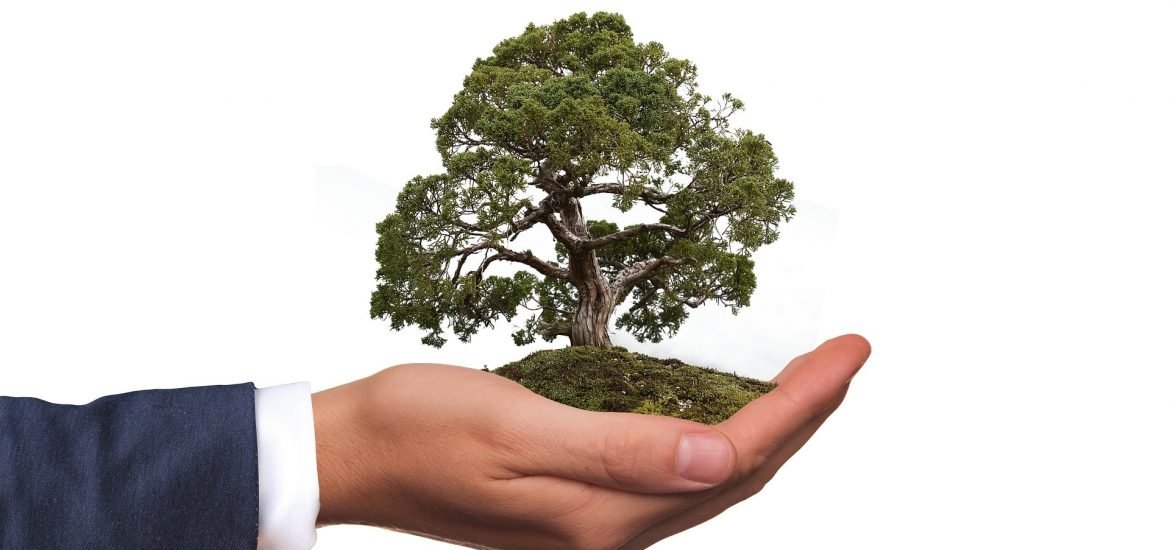
The European Commission approved a €98.2 million investment package on Thursday to support Europe’s transition to a low-carbon, circular economy.
The investment falls under the EU’s LIFE programme, which supports environmental, nature conservation, and climate action projects throughout the bloc.
According to a European Commission press release, the funds will cover 10 different projects in Belgium, Denmark, France, Greece, Lithuania, Malta, Spain, and Sweden. The projects aim to improve the quality of life for European citizens in five key areas: nature, water, air, waste, and climate action.
The 10 projects have a total budget of €182.2 million, including the €98.2 million of EU co-financing. The commission said it expects the decision to spur additional investments of up to €2 billion. Potential sources of additional funding include national funds, private sector investment, and other EU funding sources, such as agricultural, structural, regional, and research funds.
Environment Commissioner Karmenu Vella said, “One euro from LIFE mobilises 20 euros from other funding sources. In addition to this remarkable leverage, LIFE Integrated Projects directly respond to concerns voiced by citizens about air and water quality and the impacts of climate change”.
Five projects spread across Denmark, France, Greece, Lithuania, and Sweden focus on nature conservation. In Denmark, a €17.4 million project will create incentives for environmentally friendly land management practices among farmers. Through the development of high-value specialty products, which are sold at a premium of at least 25%, the initiative aims to make it financially attractive for farms to graze or harvest biomass from natural areas. The project is expected to improve the condition of protected areas such as grasslands.
Land management is also a priority for the project in Greece. Currently, fewer than 2% of the country’s 600 plus protected natural areas have a management plan. The €17 million project includes wide-ranging action to improve authorities’ capacity to protect natural areas and wildlife.
Projects in Spain and Malta address water scarcity. The initiatives seek to provide solutions for sustainable water management, such as investing in water treatment and reusing water. In Malta, low rainfall, water scarcity, and high population density are major sustainability challenges. With a total budget of €17 million, the project will focus on capacity building so that Maltese institutions can sustainably manage the country’s freshwater resources. The project also seeks to increase public awareness of sustainable water use.
France’s two projects, with a combined total budget of €56.5 million, focus on waste management and nature conservation. Households in the Provence-Alpes-Côte d’Azur region produce significantly more waste than the national average. Each year, more than 450 kilograms of waste per inhabitant ends up in a landfill or being burned. The LIFE project aims to promote the development of a circular economy in the region and increase the collection of organic waste by 30%. The commission expects this to significantly reduce the amount of landfilled household waste.
“These new projects will be a catalyst for regional adaptation to climate change and energy efficient housing”, said Miguel Arias Cañete, EU Commissioner for Climate Action and Energy. “They demonstrate that an inclusive, integrated and climate-smart approach to funding can unlock more investment and improve the lives of citizens across the EU”.